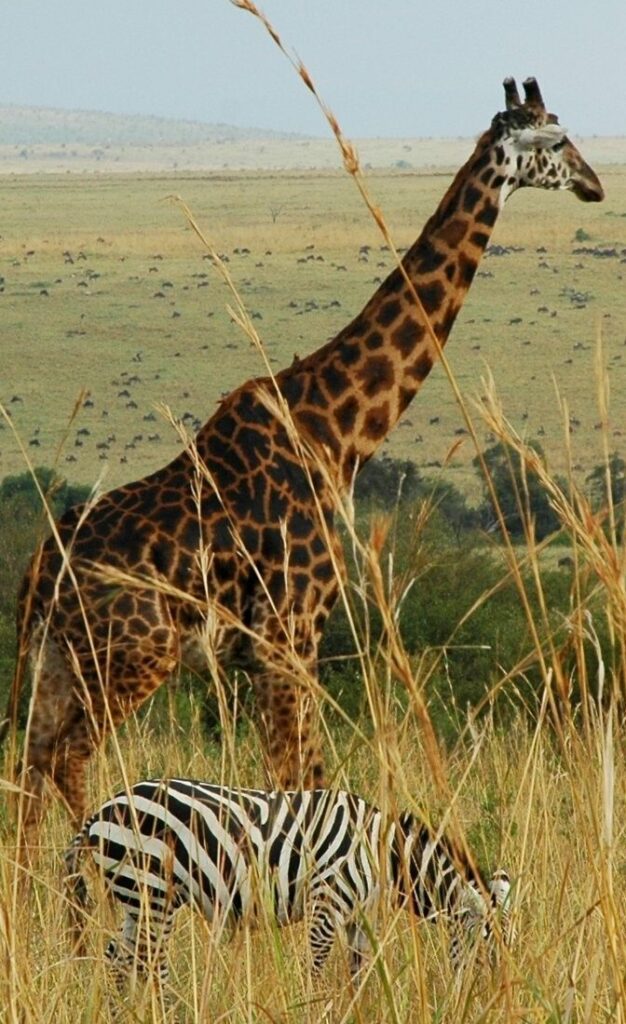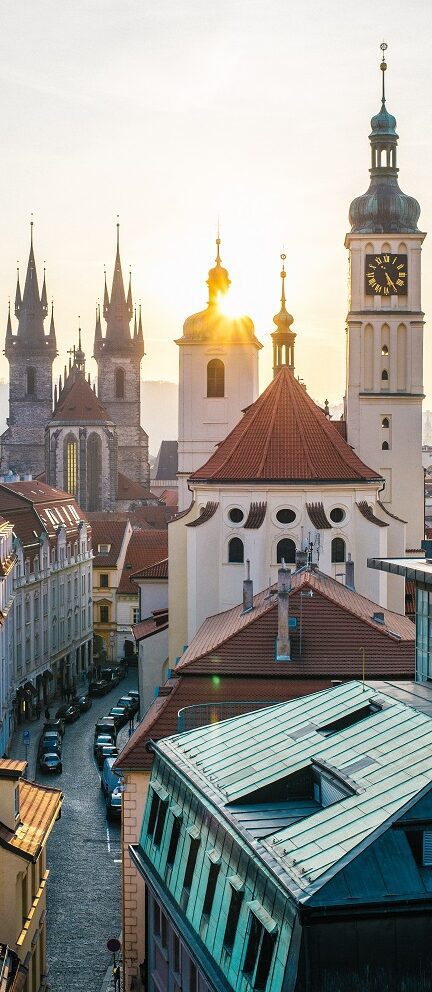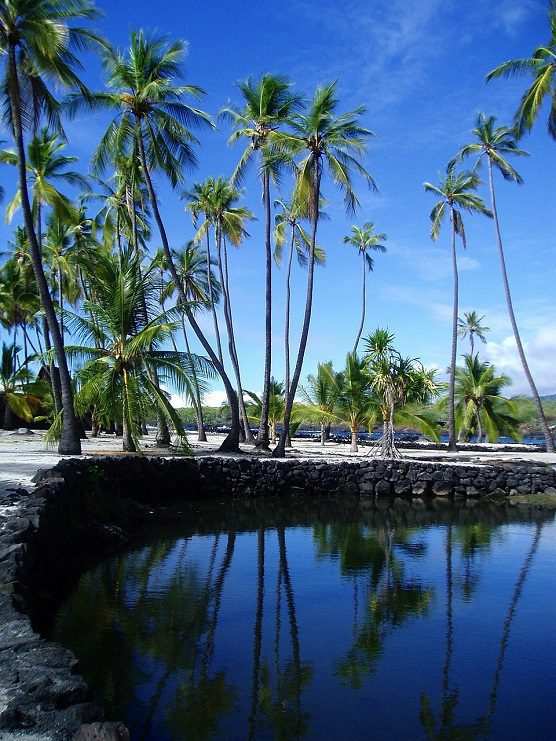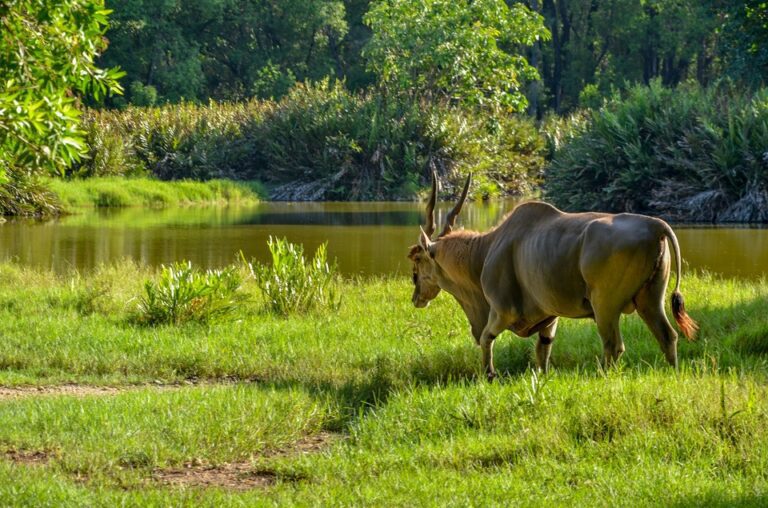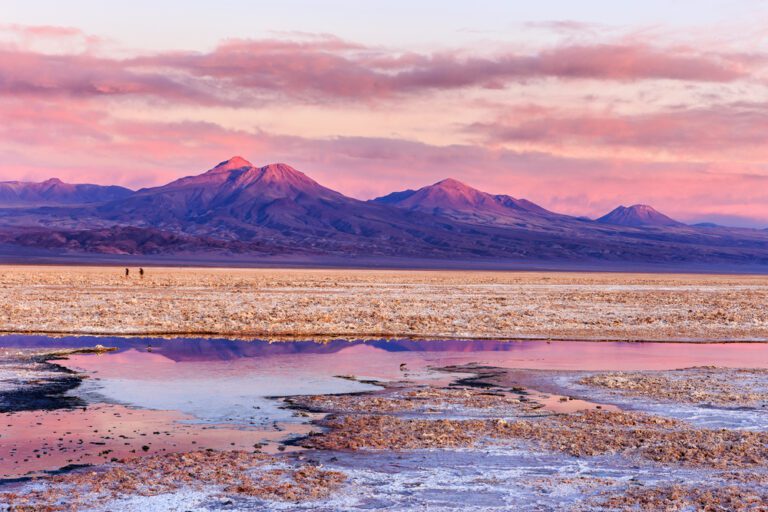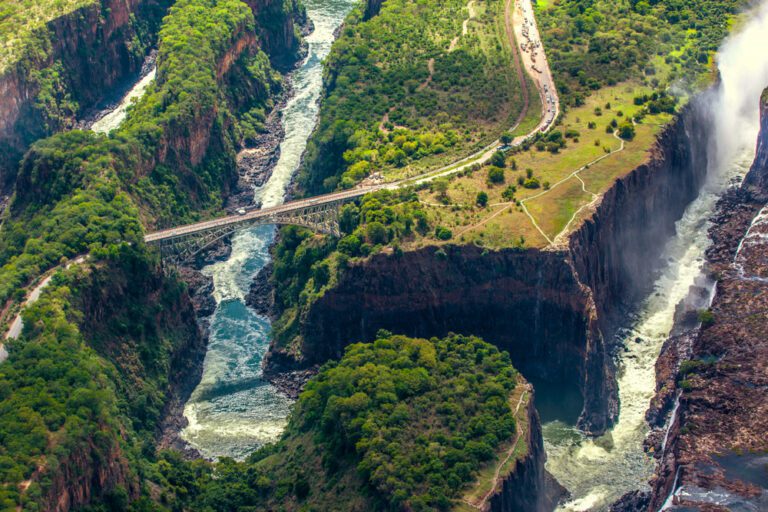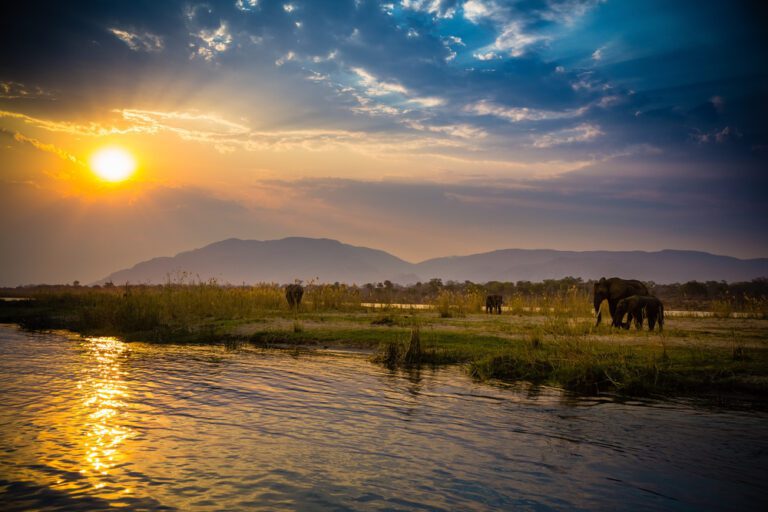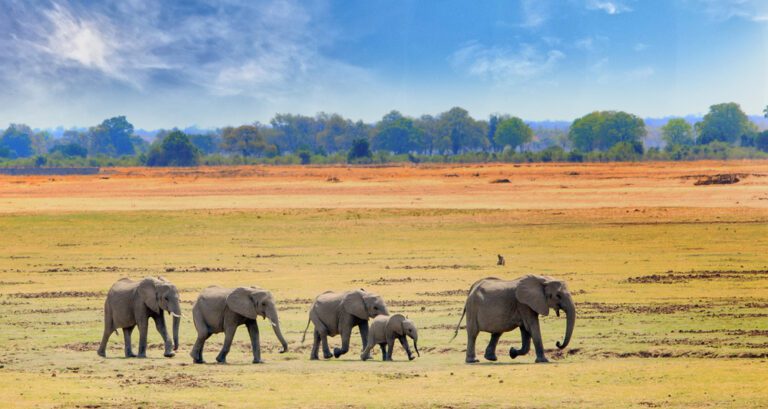The boat bobbed on the still water, a tiny speck on the dark ocean. The wind had settled to little more than a light breeze and there wasn’t a bird in the sky. All was quiet and all was still. It was then, just as the air of expectation had slowly fizzled out to something approaching that familiar thwarted sense of boredom, that something quite miraculous happened. My eyes widened, my jaw dropped. Words were searched for but none were found…
Missed the boat? – I had journeyed to Colombia’s very wet and very wild Pacific coast to meet the locals. Not the native tribes or friendly villagers but the ones that holiday here every year: the humpback whales. Between June and November up to 1,200 humpbacks migrate to the warm and sheltered waters of the Gulf of Tribuga to give birth to their calves. People in the know consider this the whale-watching capital of the world. But unlike other such spots, seeing these larger-than-life creatures here is a far more intimate experience. Here, it was just four of us in a small fishing boat, low and close to the water, sticking close to the shore.
“We often see them from right here,” said Memo Gomez over a lunch of yellowfin tuna in passion fruit sauce, served in the elevated dining room of El Cantil, his remote ecolodge near the town of Nuqui. Surrounded by banana, papaya and guava trees and accessible only by boat, the seven timber cabins are without electricity and lit by flickering oil lamps. Wi-Fi? Forget it. Memo and I gazed out at the dark-sand beach, strewn with boulders and backed by the jungle of Colombia’s Choco region – one of the wettest places on earth. It rains almost daily here, with up to 18111 worth tumbling from the sky each year. “People don’t come for the weather. They come to experience the wild side,’’ said Memo. Mostly, though, they come for the whales. “They’re always breaching in the bay just offshore,” he added. “We saw some yesterday in fact.”
Travel in August and September and you’re virtually guaranteed multiple sightings. 1 was a few weeks out, visiting in mid-October when mothers and their newborn calves were already embarking on their long journey south to Antarctica. Had 1 missed the boat? “Don’t worry, we’ll find them,” reassured local guide Pozo, a man with dark skin, blindingly white teeth and more than 20 years’ whale-watching experience. “1 can almost smell them,” he chuckled. We pushed our wooden boat into the tepid shallows and sped off across the bay. A lone fisherman sat hunched in his dugout canoe. “Any whales?” shouted Pozo. He shook his head and returned to pulling in his line.

Cruising from one whale-less bay to the next, we fished for dinner while keeping watch for far bigger creatures. On the shore, a line of swaying palms formed a frontline, backed by an emerald army that rose high into the hills. Teenage girls took tiny steps on the beach, holding their mobile phones high in the air in the desperate hope of a signal. Pozo regaled us with tales of a lifetime spent watching whales. Like the time one breached almost within touching distance (“So close, water flooded the boat”). Or the time four jumped simultaneously (“Just like synchronised swimmers”). Then there was the time he joined six adults in the water for a swim: “1 was terrified. My heart was thumping out of my chest and 1 just froze when 1 saw them circling below me. 1 felt like a grain of sand. But after a few seconds, it became surprisingly peaceful.”
But for much of his life, Pozo did all he could to avoid the animals he now considers friends. “We all did!” he declared. “Back then we thought they ate people, so fishermen would work from the shore during the whale season. Nobody went in the water. We assumed breaching was a sign of aggression.” There are many theories as to why humpbacks breach: to communicate, to clean crustaceans off their bodies, to attract suitors. Around here, people think they’re simply playing. Breaching is a spectacle that has evaded me on previous whale-watching endeavours, one I assumed was as rare as spotting a snow leopard. “Not here,” said Pozo, knowingly.
Today, though, there were still no whales. But then… just as we were about to turn back, three were spotted: mother, baby and aunt leisurely travelling south at the very start of their long migration. We enjoyed their company for an hour, venturing close enough to see the craggy barnacles and white polkadots on their mighty bodies. They surfaced in unison, occasionally lifting their tales high in the air. 1 gazed over the side of the boat as they passed nearby, before vanishing into the depths like submarines for the final time.
